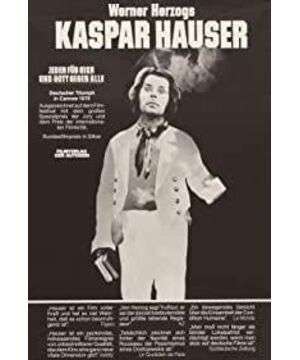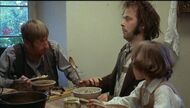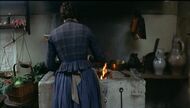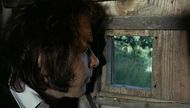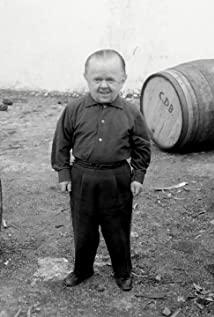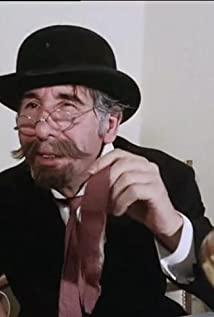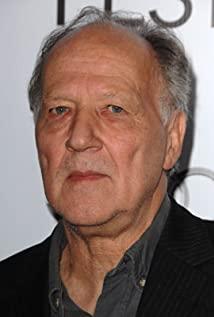1. "Coming into this world was a terrible fall for me." There are many themes about the post-mortem destruction of human nature, but like Herzog, who directly targets civilization (he doesn't even bother to call it Rooted in the so-called industrial and material civilization) is indeed bold and precise. The mysticism and love of nature in the film still continue his consistent style.
2. A discussion about the contradiction between human nature and society. In addition to the warm embellishment, it is more through a eccentric simple, honest and simple idealism to face the speculation of human society, doubt the obstinate and forced hypocritical religion. To paraphrase the lines of "Easy Rider", "They are not afraid of you, but of what you represent. (The result of the inexplicable killing is the same as the ending in "Easy Rider")
3. Herzog's masterpiece, won Cannes Grand Jury Prize. The video interpretation of Locke's "Whiteboard Talk", from the first generation [Wild Child], after the opening [The Elephant Man], the circus exhibition is like a tame version of [Freak Man]. The dead and mysterious Garth Hopper is like a child Solitude and innocence, a questioning of faith (priest), scientific reason (logician), decent civilization (old nobleman). Fuzzy and flickering dreams, disobedient apples, pilgrimage in the fog - death on the top of the mountain, blind people.
4. Documentary film expansion: "Guling Juvenile Murder", "Sorrowful City",,,
View more about The Enigma of Kaspar Hauser reviews


